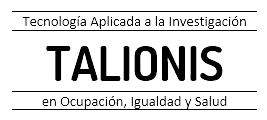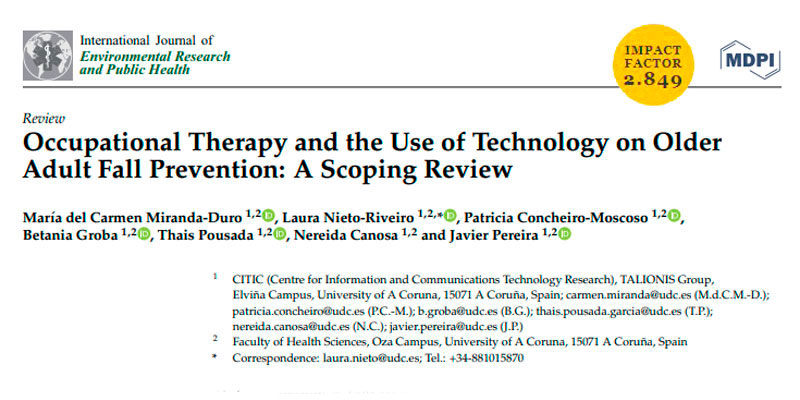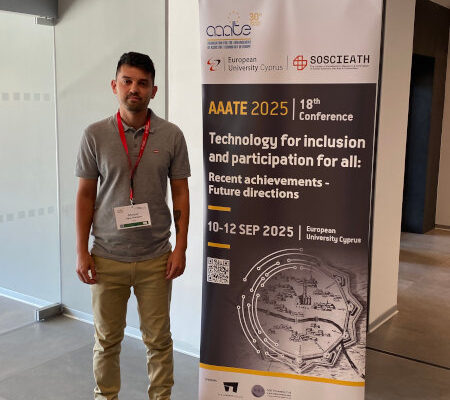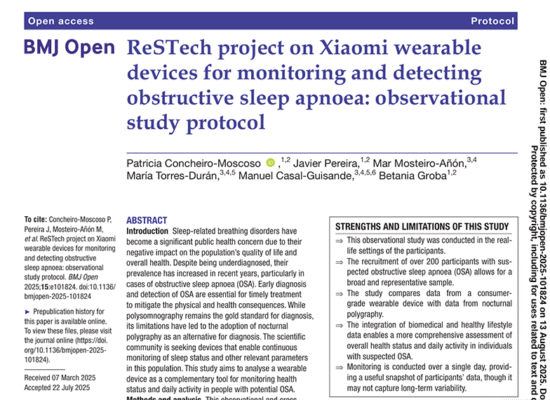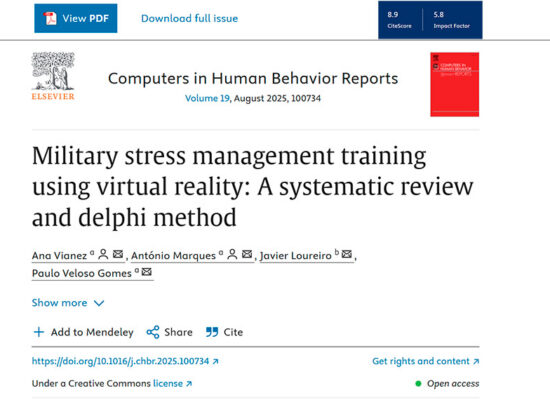Int. J. Environ. Res. Public Health 2021, 18(2), 702; https://doi.org/10.3390/ijerph18020702
Introduction: Falls are the second leading cause of accidental or non-intentional deaths worldwide and are the most common problem as people age. The primary purpose of addressing falls is to detect, prevent, treat, and reduce their incidence and consequences. Previous studies identified that multifactorial programs, an interprofessional team, and assistive technology are required to address falls in older adults effectively. Accordingly, the research question is as follows: what are the scope, type of studies, and approaches and strategies to fall risk using technology in the existing occupational therapy literature regarding interventions to address the effects of falls in older adults on daily living? Methods: This scoping review was carried out in January 2020 through Biblioteca Virtual de Salud España, C.I.N.A.H.L., Cochrane Plus, OTSeeker, PubMed, Scopus, and Web of Science. Results: Twelve papers were included. We analyzed the year and journal of publication, authors’ affiliation, and design of the study, and thematic categories. There were three themes: participants’ characteristics, type of intervention, and fall approach and type of technology used. Discussion and Conclusions: The literature obtained is scarce. It is considered to still be an emerging theme, especially when considering the use of technology for occupational therapy
The research team will bear all the economic costs involved in the study, with the support of the CITIC, as Research Center accredited by Galician University System that is funded by “Consellería de Cultura, Educación e Universidades from Xunta de Galicia,” which provided 80% of funds through ERDF Funds, ERDF Operational Programme Galicia 2014-2020, and the remaining 20% was provided by “Secretaría Xeral de Universidades [Grant ED431G 2019/01]. Moreover, Patricia Concheiro-Moscoso obtained a scholarship [Ref.ED481A-2019/069] and María del Carmen Miranda-Duro [Ref.ED481A 2018/205] gained a scholarship to develop a Ph.D.
